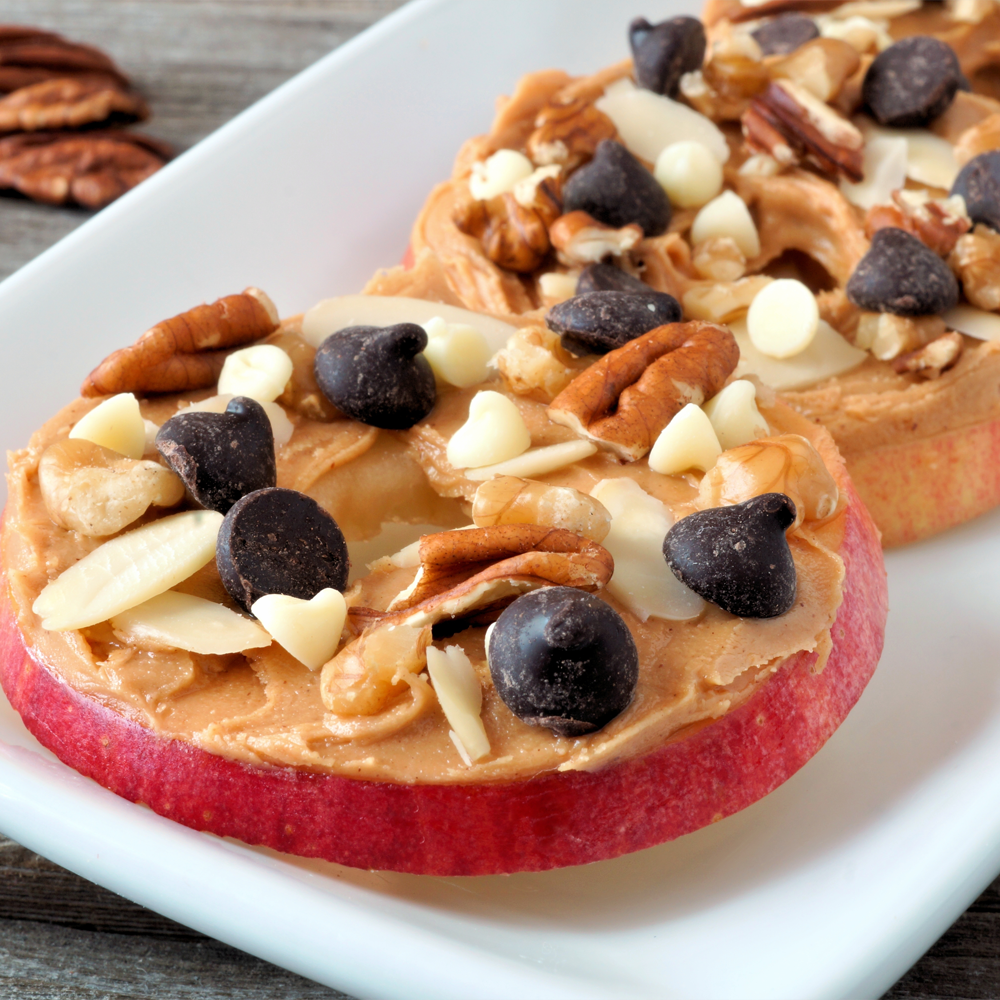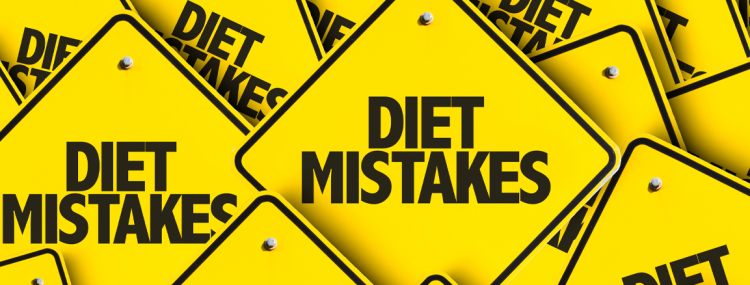
6 Diet mistakes that can negatively impact your immune system
As we all are stocking up on foods and adapting habits to strengthen our immune system especially now during the Covid-19 period, it is important to know the diet habits and foods that can do more harm than good. This will help us choose what is right in the grocery store and avoid causing more damage to our bodies in the long run. Here are a few common mistakes we can steer away from:
- Skipping meals:
Skipping meals can also cause your metabolism to slow down, which can cause weight gain or make it harder to lose weight.
“When you skip a meal or go a long time without eating, your body goes into survival mode,” says Robinson. This causes your cells and body to crave food which causes you to eat a lot. We usually tend to crave unhealthy foods and all attempts at eating healthy go out the door. When you are that hungry, anything goes.
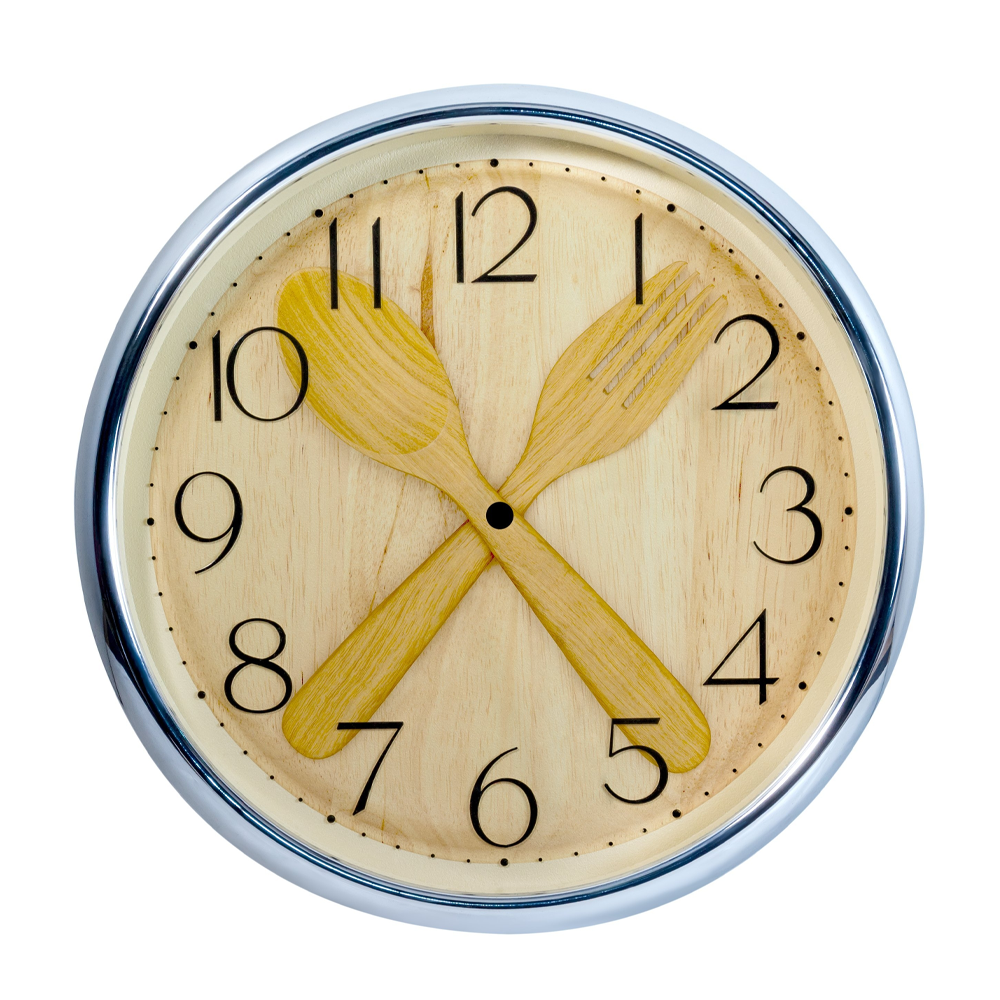
- Eating the same things:
Eating only certain types of food and having a diet that lacks in colour, can be harmful to your health. A balanced diet rich in vitamins and minerals is of great importance for a strong immune system. Besides, it is crucial to have home-cooked foods, choose seasonal fruits and vegetables and cook meals at home to ensure food hygiene, which could be all the difference our bodies need to fight COVID-19.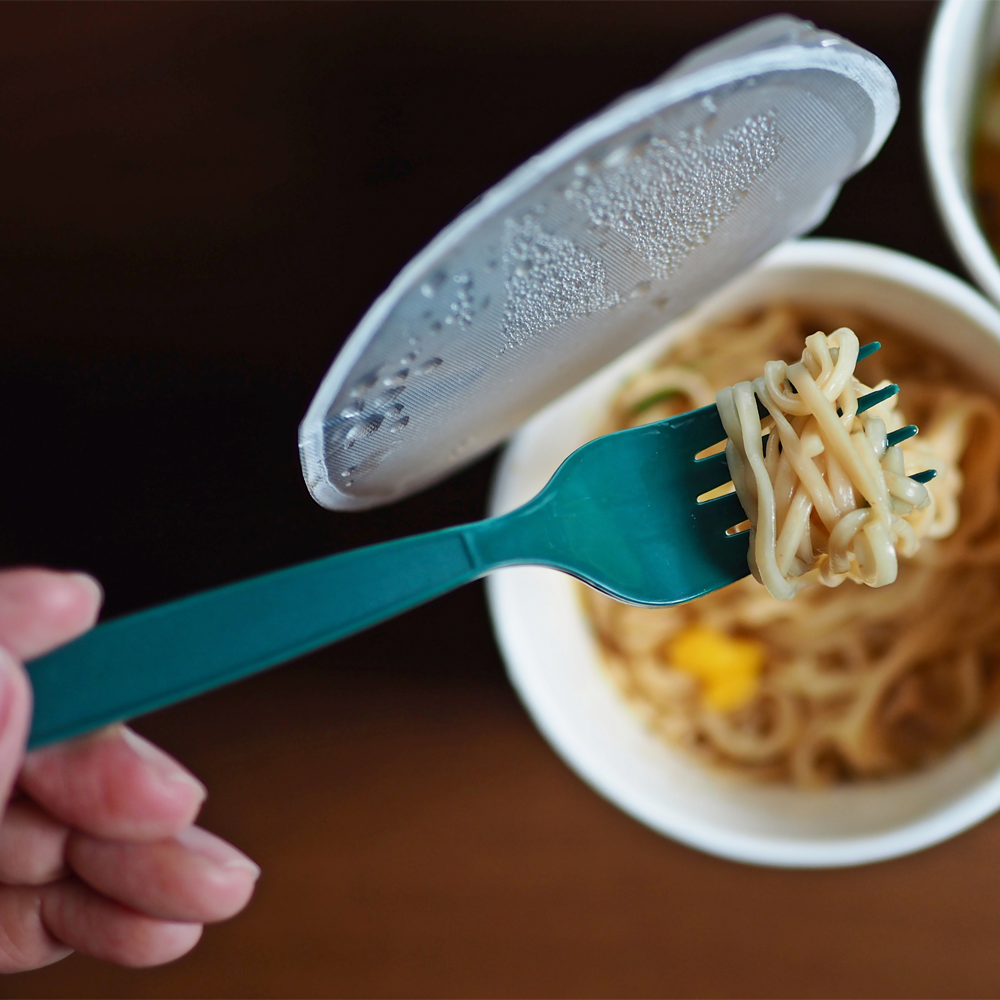
- Not staying hydrated
As temperatures are soaring it is important to keep our bodies hydrated. Regular hydration can help your body keep overheating in check. A good glass of water is the best – and simplest – way to keep cool. You also shouldn’t wait until your thirsty to drink. Drink water regularly in the summer to stay cool. It’s better to stay ahead of heatstroke and other illnesses instead of waiting to hydrate when you don’t feel well.
- Not consuming enough protein
In order to maintain a healthy body, adequate protein intake is essential. This doesn’t mean more is better, nor does it mean eating extra protein can only build muscle, not body fat. Protein helps your body to maintain a proper fluid balance, builds and repairs tissues, transports nutrients, and provides other essential functions.
In addition, eating protein can help you manage your weight because it takes longer to digest a protein-rich meal. After consuming a meal with protein, you’re likely to feel full and satisfied longer.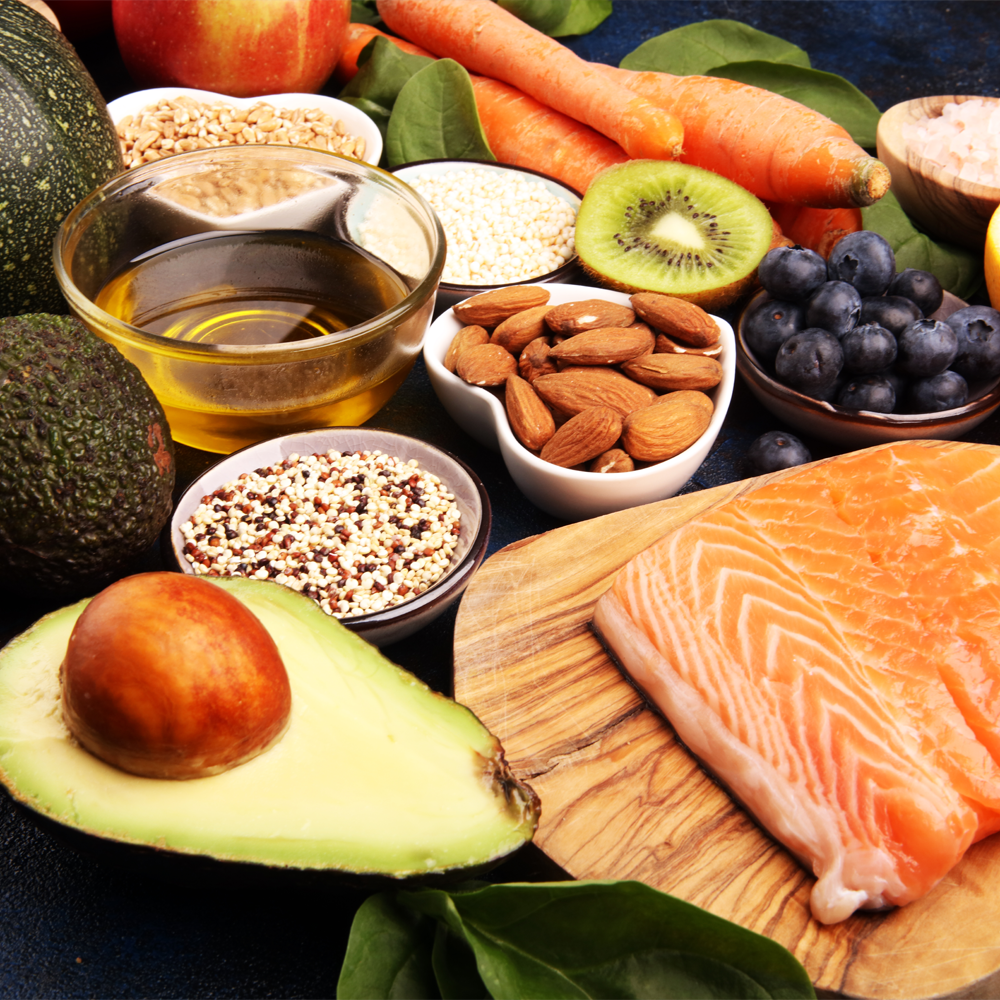
- Too little or too much Vitamin C
Vitamin C is one of the biggest immune system boosters of all. In fact, a lack of vitamin C can even make you more prone to getting sick. Foods rich in vitamin C include oranges, grapefruits, tangerines, strawberries, bell peppers, spinach, kale and broccoli. Daily intake of vitamin C is essential for good health because your body doesn’t produce or store it. The good news is that vitamin C is in so many foods that most people don’t need to take a vitamin C supplements. Too many vitamin C supplements can cause kidney stones.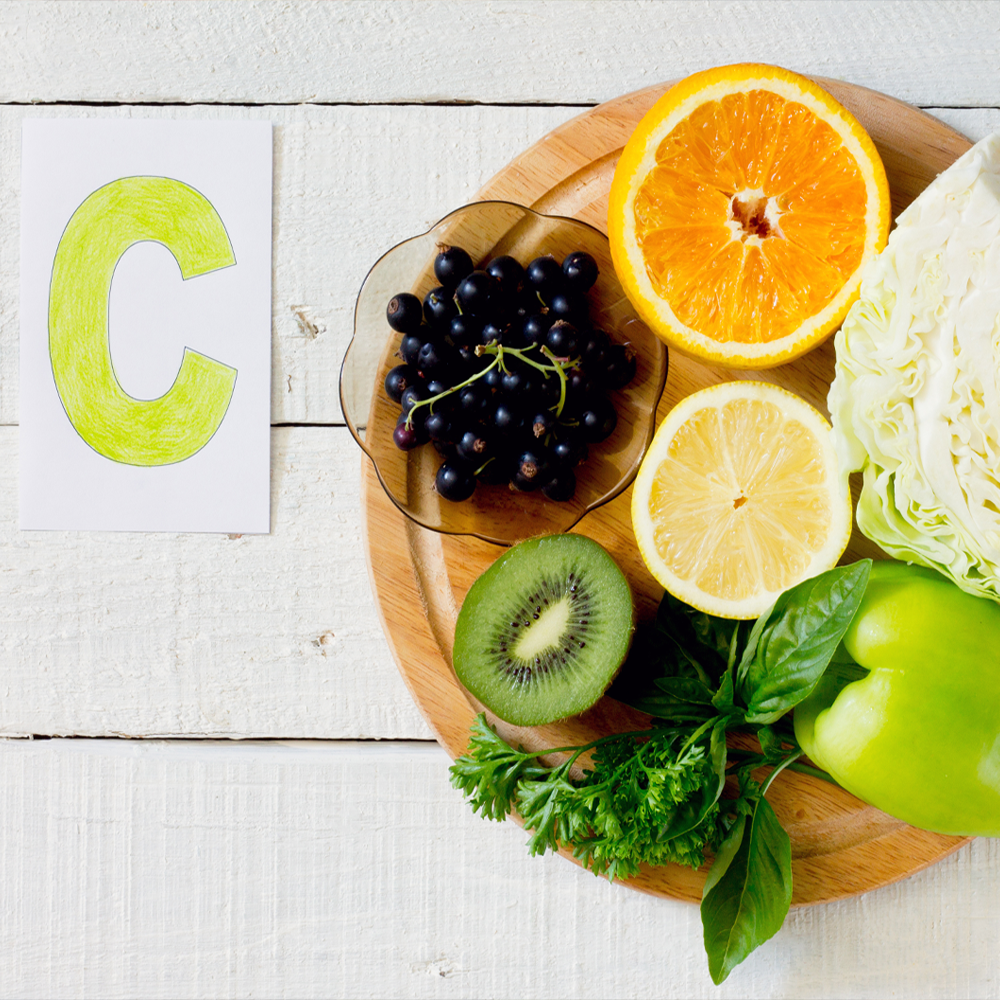
- Neglecting snacks between meals
Eating a snack between meals can help you curb your hunger so that you don’t inhale your dinner when you finally sit down to eat a meal. Healthy snacking can also help you get in all the nutrients you need. On the flip side, grazing all day-particularly on foods with little nutritional value may result in eating too much. It’s a great idea to shop for healthy snacks at the grocery store or make your own so you are prepared when hunger strikes. 